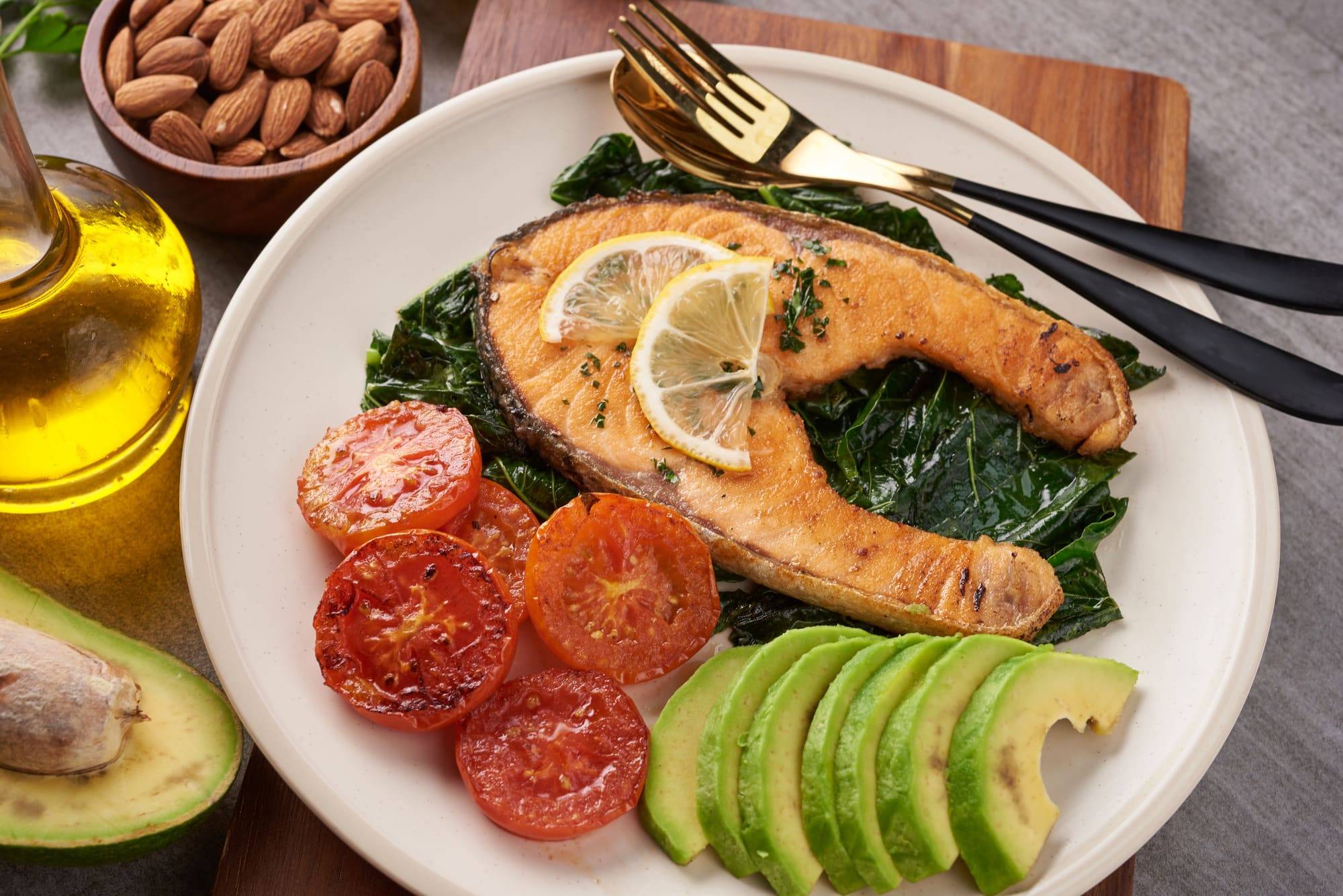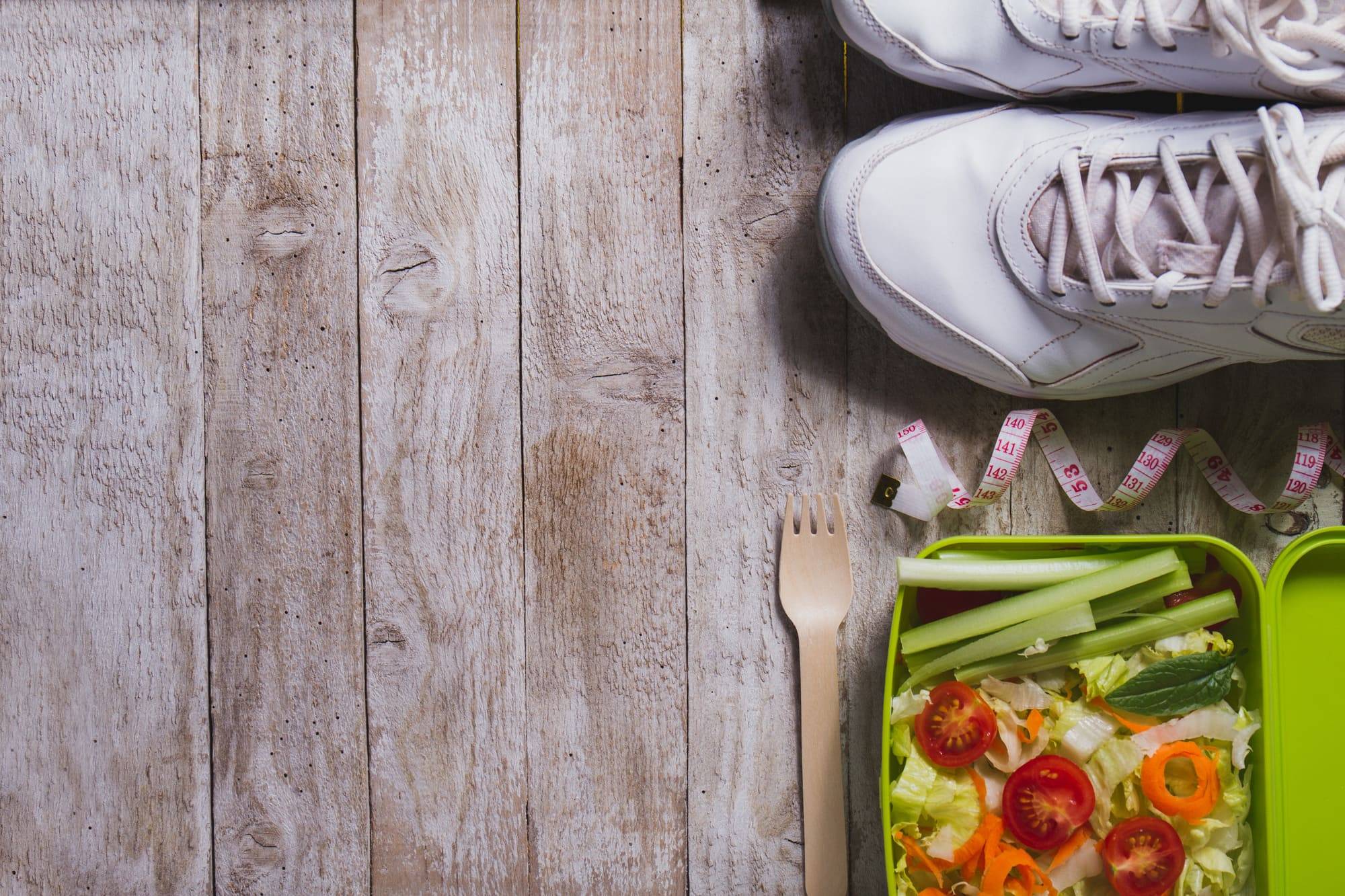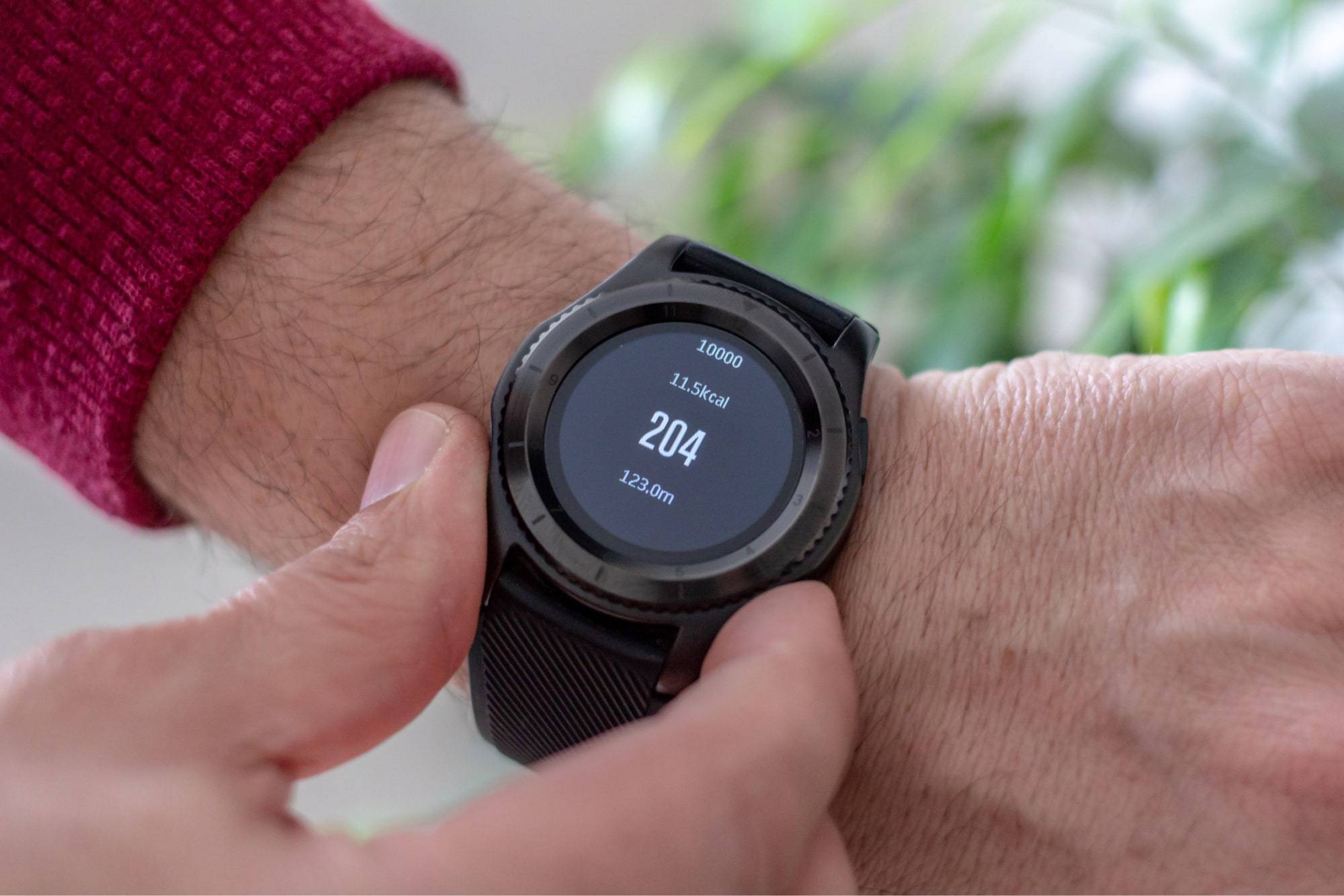In 2017, the International Society of Sports Nutrition stated that eating right before a workout can lead to digestive overload, cramps, and discomfort after you start your training. This statement raises many questions.
Is it bad to exercise after eating? How long to wait after eating to run? Should I run before or after I eat breakfast, lunch, or dinner? Let’s find the answers together.
What Happens If You Exercise After Eating
Usually, running after eating can cause stomach heaviness and nausea. It happens because both digestion and exercise require an increase in blood flow.
After eating, blood flow goes to the digestive organs so that they can process food. However, by starting your workout while the food hasn’t yet been processed, blood flow is redirected to the muscles because they need oxygen. Accordingly, the digestive organs experience a lack of blood flow and can’t fully process the food.
But discomfort isn’t the only consequence. Your workout effectiveness and health, in general, are at stake.
- Your muscles won’t respond to the workout load without receiving the necessary blood volume, oxygen, and nutrients.
- If the digestive tract regularly experiences difficulty digesting food, discomfort can become a chronic disease.
Also, when running after eating too much, acids from the stomach can enter the esophagus, causing heartburn and belching.
How Long Should I Wait to Workout After Eating?
The optimal break after which you can go for a run is the time it takes to digest most of the food eaten. Based on the recommendations, the interval between eating and sports should be at least 1.5 – 2 hours.
This figure is approximate, as it depends on the individual characteristics of your body and the type of food you eat.
How Long Does Food Take to Digest Before Working Out?
Food digesting time depends on the food group. Traditionally, there are 4 of them:
- Proteins;
- Fats;
- Fast Carbohydrates;
- Slow Carbohydrates.
By ease of digestion, they can be divided into three categories:
- Easily digestible includes fast carbohydrates. It takes up to 1 hour to digest them. These can be fruits, juices, or berries.
- Medium digestible includes slow carbohydrates and vegetable fats. It takes up to 2-3 hours to digest them. It can be vegetables, greens, cereals, bread, pasta, dried fruits, milk, avocados, etc.
- Hard to digest includes proteins and animal fats. They take the longest to digest, usually over 3 hours. It can be meat, eggs, fish, seafood, beans, nuts, seeds, cheese, mushrooms, etc.
Is It Better to Eat Before or After a Run?
The short answer is that eating before running and cardio is best, as exercising on an empty stomach has drawbacks (reduced training intensity, risk of injury, loss of muscle mass, etc.).
But the question “Is it better to eat before or after cardio?” also has an “after” part, which is no less critical. Eating enough carbs and protein after running is essential as you need to replenish your body’s glycogen storage. Even better, do it within the first 30 minutes after running.
5 Expert Tips on Pre-Workout Food
Confused about what to eat before running? We’ve put together a few proven tips so you can create a running nutrition plan that’s right for you.
1. Eat Bananas
Jordan Mazur, R.D., Coordinator of Nutrition and Team Dietitian for the San Francisco 49ers, says that bananas are natural power bars.
Bananas provide us with fast carbohydrates and potassium. They energize us and help with muscle contraction and recovery. A medium banana with 1/2 cup Greek yogurt is the perfect breakfast to go for a run 30 minutes later.
2. Try Carb Loading
Carb loading is a dietary practice common among professional athletes. They consume more carbohydrates before the competition to accumulate glycogen in the liver and muscles.
This practice can be suitable for a half marathon training plan or marathon training plan. Therefore, focus on carbohydrates if you wonder what to eat before a long run. In addition to pasta, add porridge, rice, and potatoes to your runner’s diet. But remember that slow carbohydrates take more time to digest.
3. Hydrate
Runners need to drink:
- 450 to 700 ml of water 2-3 hours before training;
- minimum 120 to 240 ml of water every 15-20 minutes while running;
- 450 to 700 ml of water post-run for every pound of weight lost.
Registered Dietitian and Forbes Health Advisory Board Member, Nina Kolbe, suggests that those who do moderate-intensity short workouts should pay more attention to proper hydration.
4. Have a Snack Before Cardio
Cardio requires fuel, but you need to know how much of it you need and how long to wait after eating before running. Katey Davidson, MScFN, RD, CPT, says if you’re going for high-intensity cardio, having a snack of 15 to 75 grams of carbs about 30 to 60 minutes before your workout is ideal. For example, you can eat nut butter toast, a banana, or a plant-based milk drink.
5. Try Different Food to Find Yours
Run Coach at Purdue Performance, Adam Clarke, says, “The key is to practice fuelling and eating different foods before lacing up and figuring out what works for you.” And it’s the right approach because no matter what advice you receive, only you know how your body works and what food suits you.
Best Foods for Runners to Eat Before or After Workout
Eating before and after a run is vital for training effectiveness and recovery. Here are the basic guidelines that you can use in your diet.
Morning Runs
For breakfast, you can eat a whole grain sandwich, yogurt, porridge with fruits, vegetables, etc. You can go for a run in 30-90 minutes after such a meal. After running, you should eat food rich in proteins and carbohydrates. Eggs, whole grain bread, natural juice, fruit, and protein shakes will work well.
Lunchtime Runs
If you exercise at lunch, you should have a snack 1-2 hours before training. The energy value of a snack is determined based on your body characteristics and the calorie content of breakfast. But it’s recommended to eat foods high in carbohydrates. For example, it can be dried fruits, nuts, or toast with nut butter.
Evening Runs
Exercising in the evening promotes healthy sleep and relieves stress. A light dinner is best to prevent fat deposits and insomnia. It can be protein or dairy products, vegetables, or fruits. Schedule your workouts one hour after eating.
Key Takeaway
Our body needs fuel, that is, food, to run. We need it both before, sometimes during, and after workouts. There is no one-size-fits-all choice. Everything, including what food to eat, its calorie content, how long it takes your body to digest it, and how long after eating to exercise, is individual for each runner.
The main tip here is to monitor your body and learn to understand its reactions. This way, you can find answers to the questions we posed initially. Still, sticking to the basic recommendations is essential.






